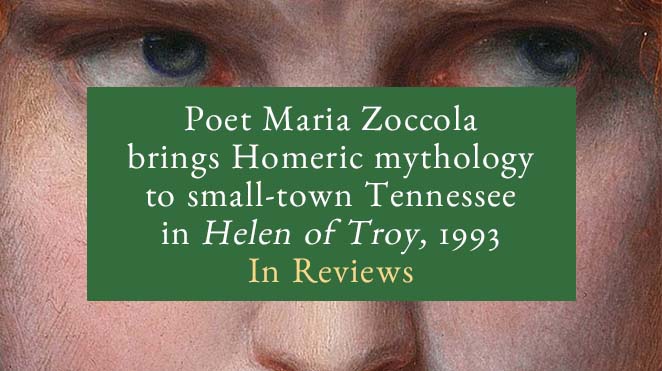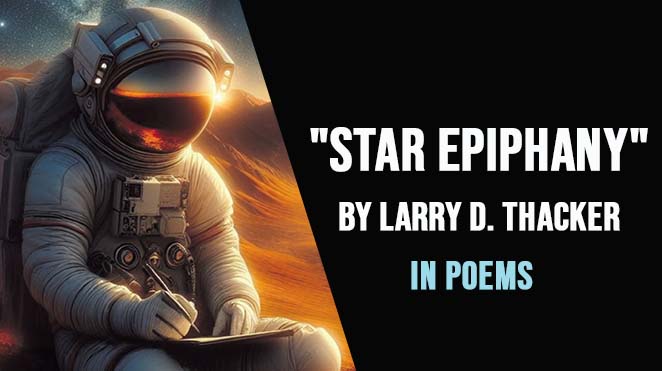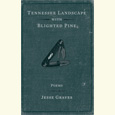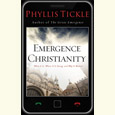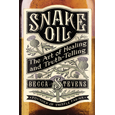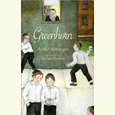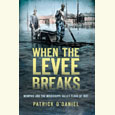March 12, 2013 Jesse Graves’s first poetry collection, Tennessee Landscape with Blighted Pine, has earned high acclaim, including the Appalachian Writers Association Book of the Year Award in poetry and the Weatherford Award, presented annually by Berea College and the Appalachian Studies Association. Such accolades are no surprise to those who have worked with Graves and followed his career. As novelist Ron Rash notes, “These poems have the music, wisdom, and singular voice of a talent fully realized, and make abundantly clear that Jesse Graves is one of America’s finest young poets.” Today Graves talks with Chapter 16 about writing, teaching, and his deep roots in Sharp’s Chapel, Tennessee.
Read moreA Risk Worth Taking
Jesse Graves writes poems about the things he cares most about
